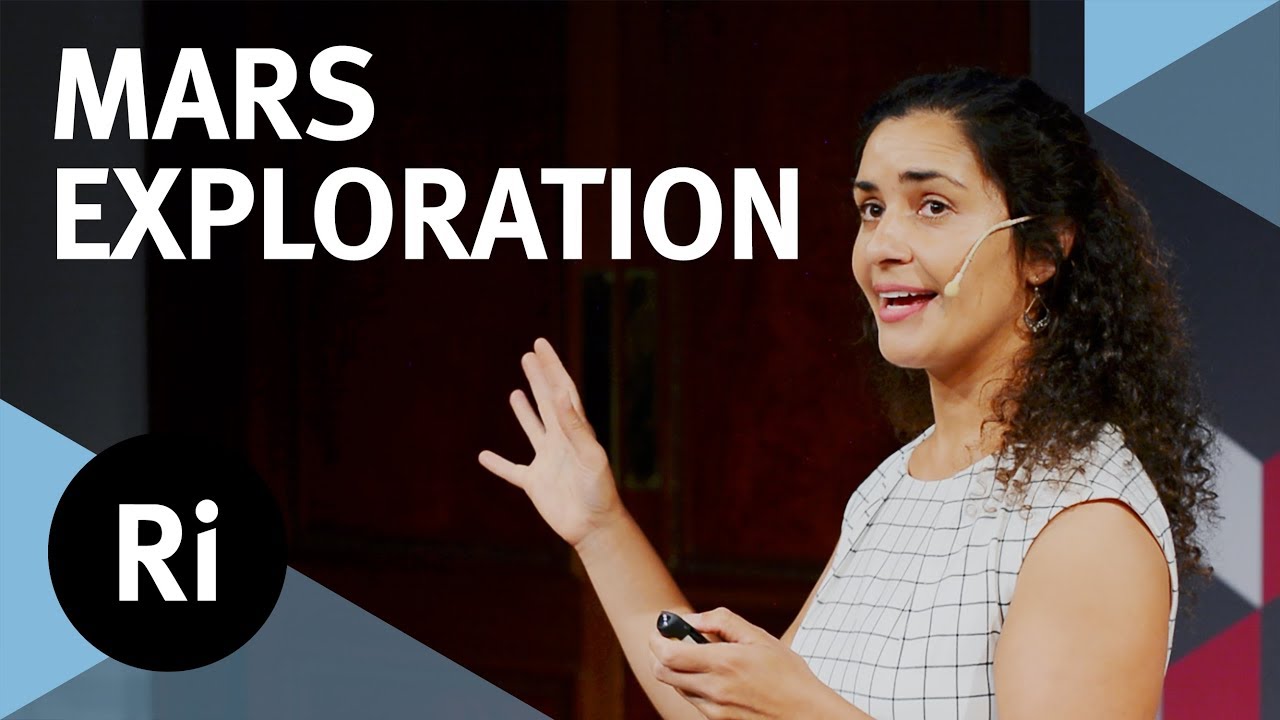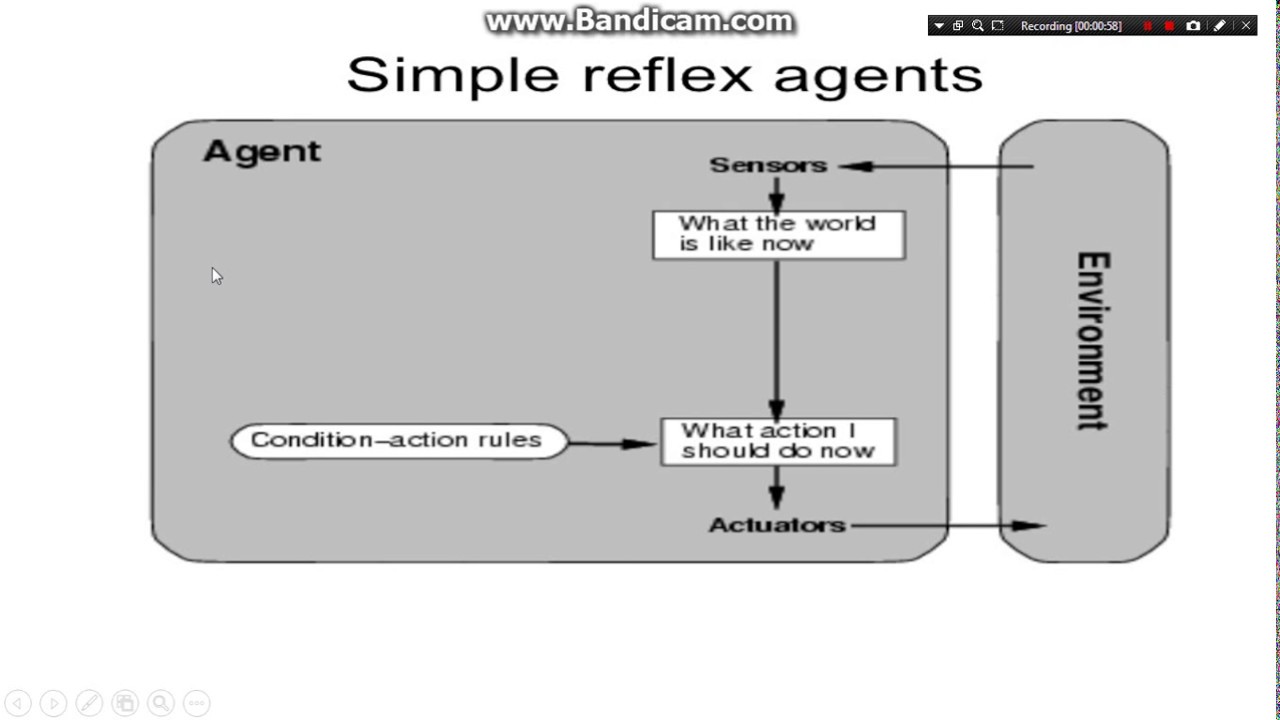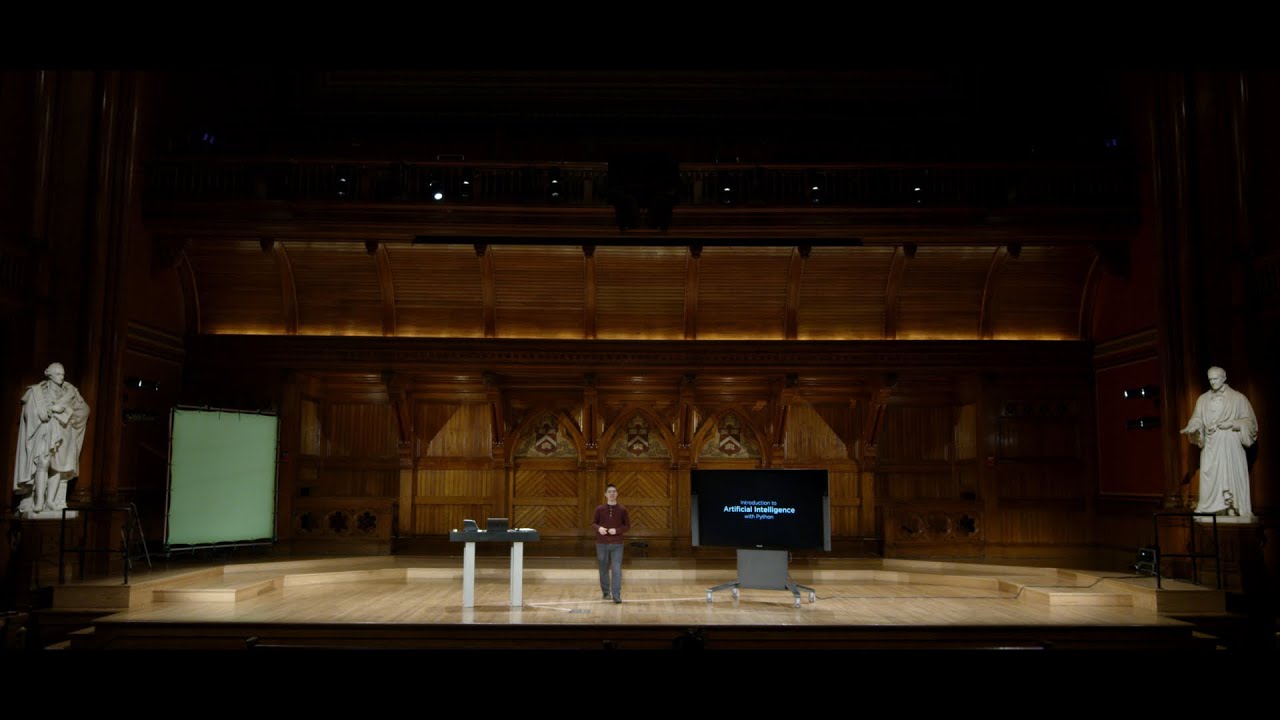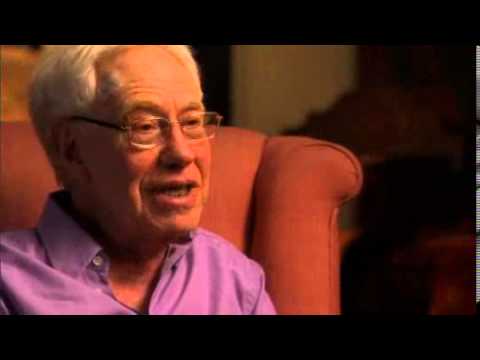The Royal Institution
NASA scientist Anita Sengupta talks us through the work behind brining the Curiosity rover to Mars and where we may go from there.
Subscribe for regular science videos: http://bit.ly/RiSubscRibe
In August of 2012 NASA landed the largest and most capable robotic geologist in history, on the surface of Mars. The Curiosity Rover is on a journey to determine past and present habitability of the Red Planet. Anita Sengupta is one of the lead NASA engineers who developed the system to land Curiosity. She will describe the challenges of landing on Mars and what is over the horizon on our human journey to Mars.
Anita Sengupta is the Cold Atom Laboratory (CAL) Project Manager at NASA’s Jet Propulsion Laboratory. She has been designing and developing plasma propulsion and entry, descent and landing systems for the past decade. Prior to CAL she was the parachute systems engineer for the Mars Science Laboratory Mission. She holds a BS in Aerospace Engineering from Boston University and a MS and PhD in Aerospace engineering from the University of Southern California, where she is a Research Associate professor.
This talk took place at the Royal Institution on 16 June 2016.
Watch the Q&A here: https://youtu.be/KvFKo2ifuVU
The Ri is on Twitter: http://twitter.com/ri_science
and Facebook: http://www.facebook.com/royalinstitution
and Tumblr: http://ri-science.tumblr.com/
Our editorial policy: http://www.rigb.org/home/editorial-policy
Subscribe for the latest science videos: http://bit.ly/RiNewsletter
Source




When I first read about the intention to deploy a sky-crane, I was so impressed.. It was as if Thunderbird 2 had finally been engineered into reality (and on another world, to boot). So outrageous! The day it actually worked filled me with pride for what our species (and specifically, our engineers) are capable of. Great talk!
I liked the presentation but I disagree with the affirmation that colonizing mars is obvious. I think it's not. Going there like we went to the moon ok. In a foreseeable future, and even in the lifetime of most people. But colonizing? The atmosphere is not so much of a problem : we know how to maintain a permanent base in space : air and pressure can be made. The radiations? Wow that is a problem. I'm not sure we will see the time when we have resolved this. But let's say ok, we solved that. Then there is the problem of low gravity. We know that is a big health hazard, but we are at a very early stage of understanding it. Artifical gravity is not in the dream of even the theoricists… so we'll have to solve that medically. And we are so far from it… we are not even close to understanding the effects of low gravity, not to speak about solving them. The older of the record of a human spaceflight, Valeri Polyakov, stayed 1 year and two months. Compare it to a lifetime colonizing Mars…
Also, look at the failures of Biosphère II…
Great lecture – thank you. But at 24:16 it's not friction which heats up the heat shield, it's just compression of the atmosphere, like how a CO2 fire extinguisher gets cold, but in reverse. I'm guessing Anita knows this, and decided to simplify to save time.
Maybe they should plot what parts of mars are acidic & what parts of mars are alkaline. and why they are that way they are.
As a non native English speaker, I can only wish she would talk a little slower and perhaps use less unnecessary words. The constant rattling stream of words ra-tas-ta-ta-ta-ta-ta is extremely annoying and tiring. Please take a breath, lady.
Excellent talk. The comprehensive yet understandable manner in which the breadth and depth of information was presented was masterful. I particularly enjoyed how they tied it all together into the core topic of "pioneering". No project exists in a vacuum, and all the varied parties involved deserve acknowledgement for their contributions.
I wish she go speak to these stone heads running corporations about diversity lol. everytime some company says their adding diversity people always assume they mean hire more black people. the word diversity implies much more than just blacks and women!!!
Indian😍😍
I want to do phd under you .please suggest
The talk should have been called "Curiosity" period. The "Beyond" wasn't there at all. Of course, if she didn't waste time making a mute political point, and didn't speed-talk to get every little detail in there about Curiosity, there would have been time to talk about the "Beyond" aspect of Mars Exploration.
"Mars is practical," did she really say that?
"Mars is similar to Earth," did she really say that? No pressure, no oxygen, no significant magnetic field, 1/3 gravity, deadly radiation and sterile 'soil', extreme temperature fluctuations, no water cycle – but what do I know?
Great talk and no religious BS and superstition in the comments.
Considering the audience age group, she did speak quite quickly – that may have been at least party due to stage nerves, which might also have accounted for the frequent chuckles. Nonetheless, replete with information, infectious enthusiasm and winning personality.
If we terraforming mars will it disrupting the balance of our solar system
If we can successfully terraforming mars
There ain't nothing wrong with EARTH. But if you wanna go to Mars and stay… have to it.
Awesome! thanks for sharing!
Only 18 minutes into the talk and she has already annoyed me with saying Mars is dead geologically and its volcanoes don't erupt anymore. They are still erupting only maybe a million years might pass between eruptions. She annoyed me by saying Mars has 1/3 the gravity of Earth. She is talking fast because she thinks her audience is a bunch of dummies who don't know Mars gravity is 3/8 the gravity of Earth. She also annoyed me by quickly slipping in that Mars is the closest planet to Earth because of the dummy audience she thinks se has. Venus is 26 million miles from Earth at closest approach and Mars is 34 million miles from Earth at its closest opposition. If I was there I'd be raising my hand all the time correcting her.
During the last 36 minutes of the talk Anita Sengupta revealed herself as just about an Engineering Genius. The facts and observations she rattled off were stupendously amazing, voluminously multi-faceted, and scrumptiously professional.
it sounds like "Expired" instead of "Inspired" at 2:05
The ability to speak for an hour without breathing would make you ideal d
08:57 – "Mars is closest planet" – No, no it is not. Average closest planet is Venus. Too long of an intro, information too basic. Give it a miss.
cool
The Youtube law: no matter how awesome video is, somebody will dislike it.
seems to be aimed at an audience of teens and lay adults – very informative about NASA's mars exploration – the technology – very little theory – the fast-talking presenter is very knowledgeable from extensive experience working in JPL
Brilliant, humorous, insightful and enthusiastic. I want to go there
I don't think she took a single breathe this entire lecture.
But your origin is Kolkata. You're a Bengali and you must proud for that!!!